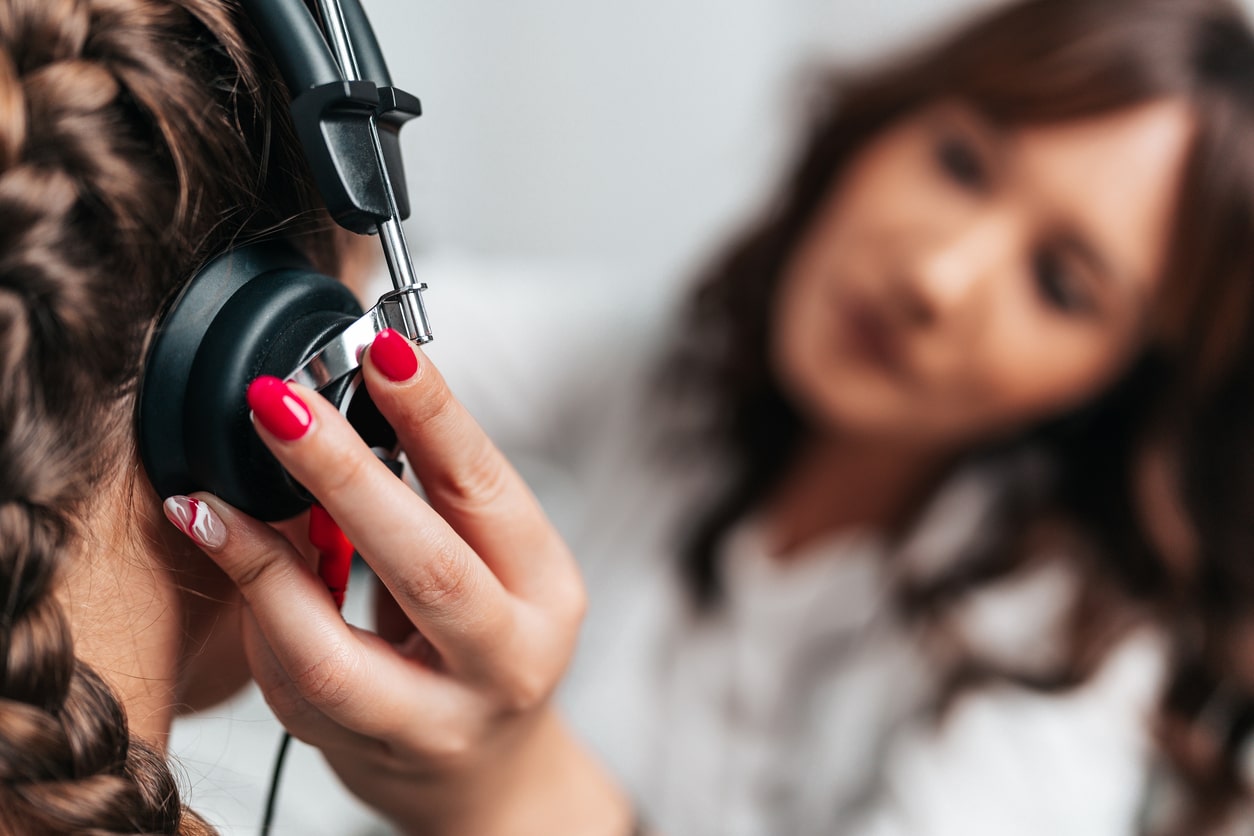Hearing loss is more common than many people realize, with around 15% of Americans reporting some level of difficulty hearing. Because hearing decline often happens slowly over time, it can be easy to miss the early signs. Often, it’s a close friend, family member or spouse who first notices and encourages someone to get their hearing tested.
Catching hearing loss early can make a big difference in preserving your long-term hearing health. But how do you know when it’s time to schedule a hearing test? Here are some things to keep in mind.
Signs You May Need a Hearing Test

Hearing loss usually doesn’t happen all at once. Instead, it often starts subtly, and early symptoms are sometimes mistaken for fatigue, lack of focus or background noise. You might first notice it when struggling to hear conversations at a bustling Lexington Farmers Market or missing parts of a discussion at your favorite downtown coffee shop.
Some common signs that it might be time for a hearing evaluation include:
- Frequently asking others to repeat themselves
- Turning the TV or radio volume higher than others find comfortable
- Feeling like people, especially women and children, are mumbling
- Missing parts of conversations unless you’re directly facing the speaker
- Feeling mentally exhausted after social events because of the effort it takes to listen
If these situations sound familiar, scheduling a hearing test is a smart next step.
Protecting Your Hearing
Once you notice possible changes in your hearing, it’s crucial to act. One of the most common types of hearing loss, known as presbycusis, naturally develops as part of the aging process. Over time, the sensitive hair cells in the inner ear that send sound information to the brain become damaged and cannot be repaired.
Exposure to loud sounds can accelerate hearing loss. Both working in construction and attending live concerts are activities where sound levels can be intense. It’s important to wear hearing protection, take breaks in noisy environments and keep up with regular hearing checks to preserve your hearing.
If you ever experience a sudden, unexplained loss of hearing, especially in one ear, see a doctor as soon as you can, as it’s still possible to preserve that hearing.
Early Detection Makes a Difference
When it comes to hearing health, the sooner you catch a problem, the better. Early diagnosis allows your hearing specialist to monitor changes and recommend interventions such as hearing aids. Responding early helps you stay connected to your loved ones and continue enjoying everything you love to do.
If you think your hearing isn’t quite what it used to be, there’s no better time to take the next step. Contact The Hearing & Speech Center today to schedule your hearing evaluation and start your journey toward better hearing health.